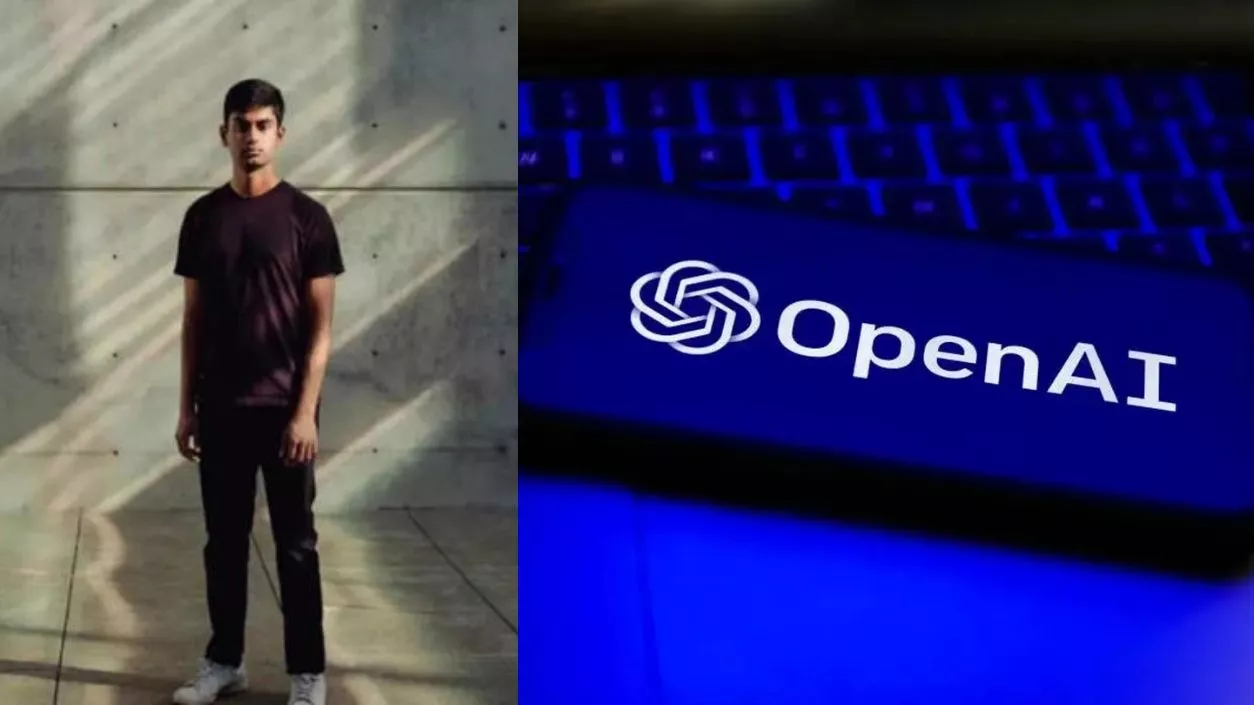Taaza TV Exclusive: Samik Bhattacharya says "BJP won't repeat 2021 mistakes" | Watch
.gif)
.gif)

Suchir Balaji, a 26-year-old former researcher at OpenAI, was found dead in his San Francisco apartment on November 26, 2024. The San Francisco Police Department confirmed that officers conducted a welfare check at his residence on Buchanan Street in the Lower Haight district after concerns were raised by friends and colleagues. Upon arrival, authorities discovered his body, and the Office of the Chief Medical Examiner later ruled the death as a suicide. The police reported no signs of foul play during their initial investigation.
Balaji had a notable academic and professional background, earning a computer science degree from the University of California, Berkeley. During his college years, he interned at OpenAI and Scale AI, eventually joining OpenAI full-time in 2019. Over his nearly four years at the company, Balaji contributed to several major AI advancements, including his work on GPT-4, the large language model that powers ChatGPT, and WebGPT, which supported the development of AI-driven search capabilities. He worked across various stages of model development, from pretraining to post-training tasks, and played a role in enhancing the reasoning abilities of the models.
In August 2024, Balaji resigned from OpenAI, citing growing concerns over the company’s practices. He became a vocal critic of the company’s use of copyrighted materials in training generative AI models, which he argued was a violation of copyright law. Balaji expressed concerns that the widespread use of such data undermined the rights of content creators. He argued that “fair use” was an insufficient defense for using copyrighted works to train AI systems, particularly given that these AI systems could generate content that competed directly with the original works they were trained on.
Balaji’s criticisms coincided with a broader wave of legal challenges against OpenAI and other generative AI companies. Numerous lawsuits had been filed by writers, journalists, and other content creators, accusing AI companies of using copyrighted material without proper authorization. Balaji’s concerns, particularly his skepticism about the legal defenses used by OpenAI, were reflected in ongoing litigation. A day before his death, Balaji was named in a legal filing related to one of these lawsuits, with the company being required to review files linked to him. The added legal pressure may have been significant during his final days.
While OpenAI has defended its methods, claiming its use of publicly available data falls under fair use principles and legal precedents, Balaji remained critical. His resignation and public statements amplified the ongoing debate about the legal and ethical implications of generative AI technology. Generative AI systems like ChatGPT rely heavily on vast amounts of publicly available data, which often includes copyrighted works. This has led to intense legal scrutiny, with plaintiffs claiming that OpenAI and other companies are unlawfully exploiting creators' intellectual property.
Balaji’s death comes at a time when the ethical concerns surrounding AI are becoming more urgent. His passing has added new layers to the conversation about AI accountability, particularly in regard to the use of copyrighted materials. OpenAI has expressed its condolences following his death, stating that it is "devastated to learn of this incredibly sad news" and offering support to his family and loved ones. His contributions to AI development and his outspoken stance on the ethical challenges of AI technologies leave a lasting impact on the field.